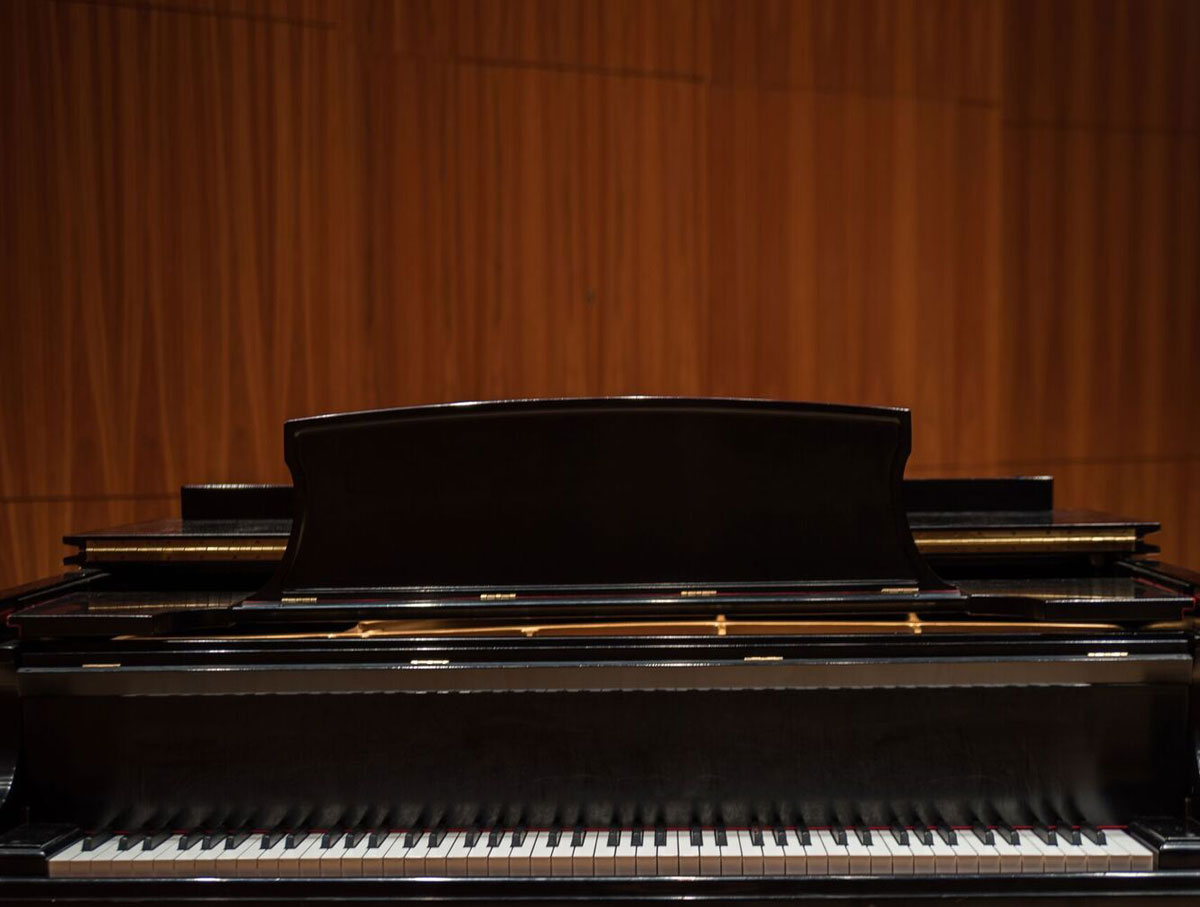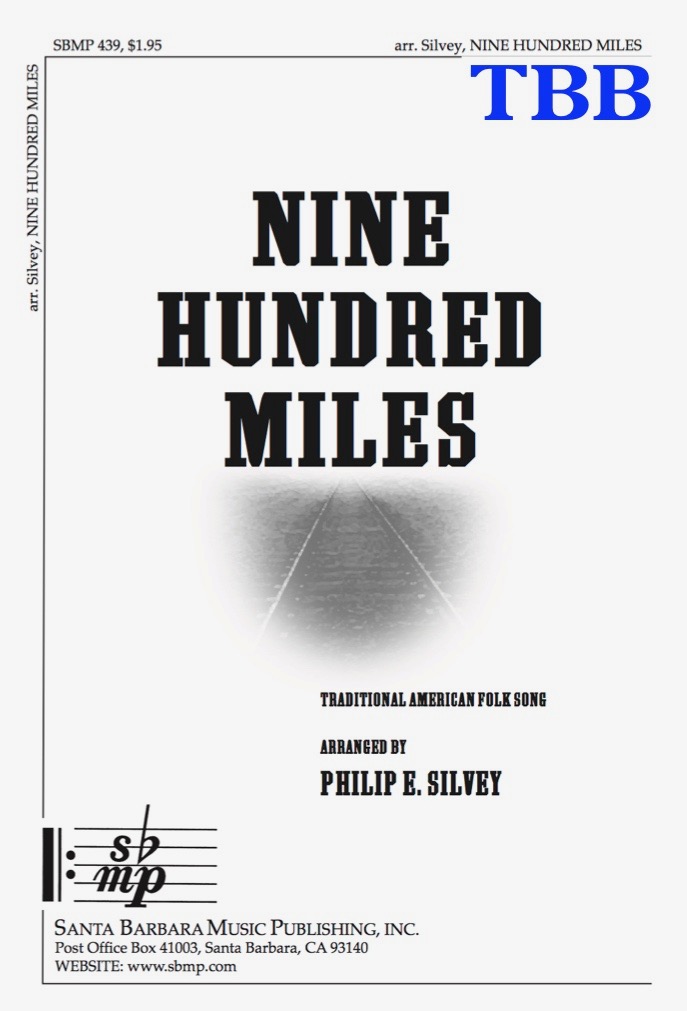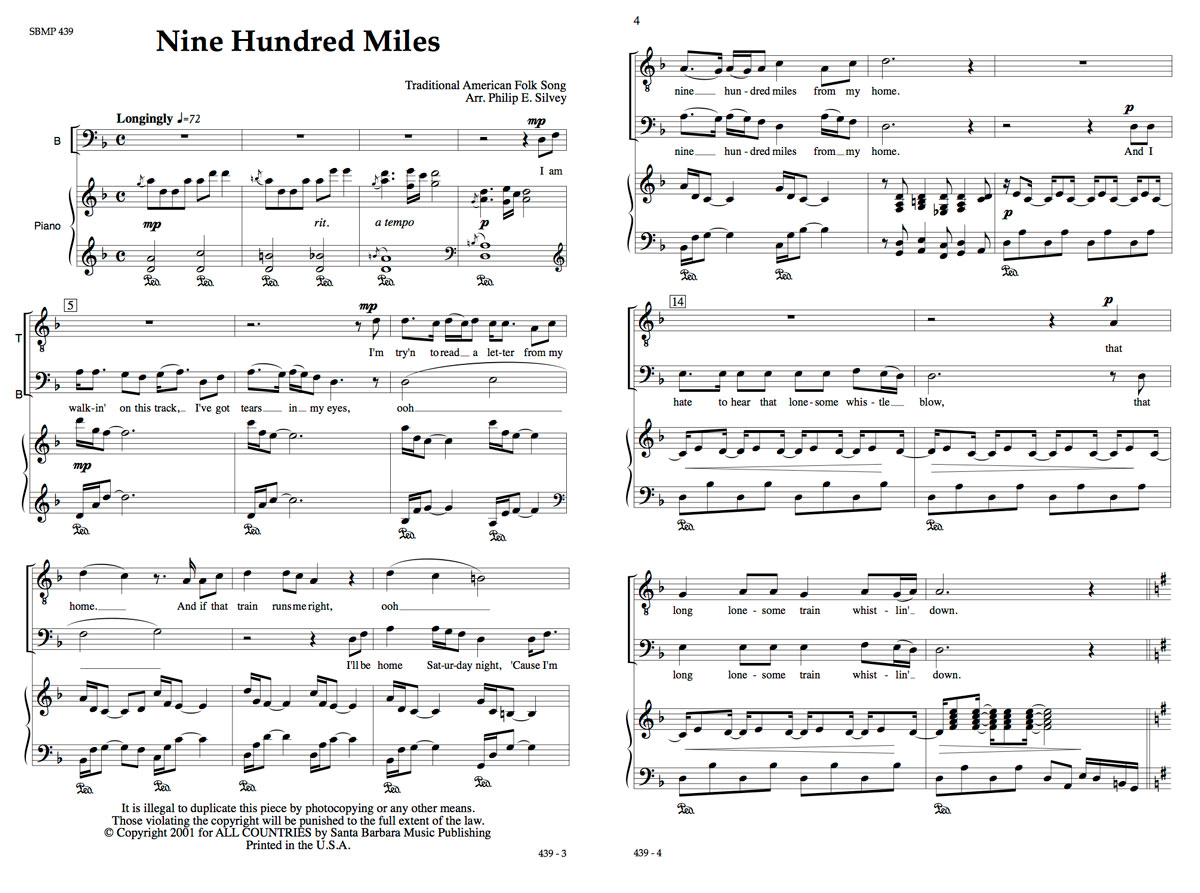


I am walkin’ down this track,
I’ve got tears in my eyes,
I’m tryin’ to read a letter from my home.
And if that train runs me right,
I’ll be home Saturday night,
‘Cause I’m nine hundred miles from my home.
And I hate to hear that lonesome whistle blow,
that long lonesome train whistlin’ down.
Well this train I ride on
Is a hundred coaches long
You can hear her whistle blow a million miles.
And if that train runs me right,
I’ll be home Saturday night,
‘Cause I’m nine hundred miles from my home.
The text for this folk song implies a story. The narrator tells the listener what is happening at the moment the song begins (“I am walkin’ on this track”) and suggests an emotional state (“I’ve got tear in my eyes”), without disclosing what led to this moment. The singer must imagine what might have displaced the speaker to a location “nine hundred miles” from home. Wayward travelers of the railroad era were sometimes known as “hobos,” a term derived from the phrase “homeward bound.”
In an article that appears with a transcription of this folk song, Cisco Houston writes:
“A folk song is a way of singing out the news—news of a wedding, a murder—good times or bad times—good people and bad people. It’s one way of making a record of memorable things that happened. In the days before newspapers, and among people who couldn’t have read them even if they existed, the folk song was a kind of chronicle and running commentary on the times. Many of them have lived for years, while nothing is more dead than yesterday’s newspapers. The folk songs and story ballads were not the most accurate kind of history of course, because once the event, whatever it was, had been recorded, generations of singers went on elaborating and changing the song— smoothing it out, or shaping it up to suit their own ideas of how the event might have happened. Often, the event which started the song was blurred or lost as time went on. The song then took on its own independent life. Aristotle said in his poetics, that art is truer than history because it shows what should have happened rather than simply what did happen.”
Duration: 3:00


